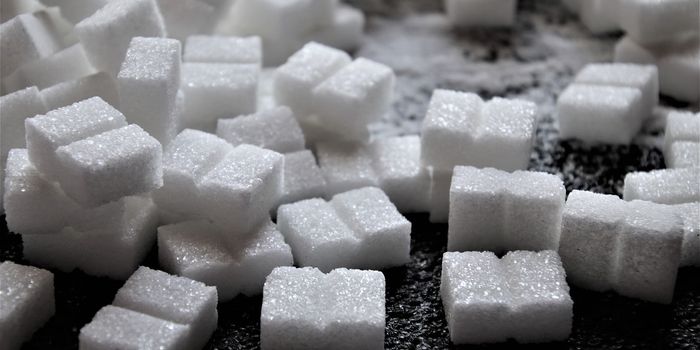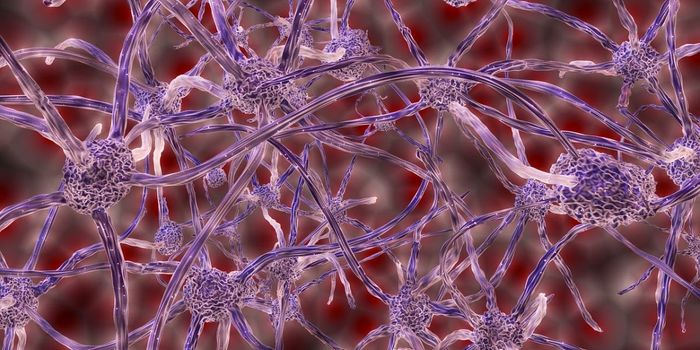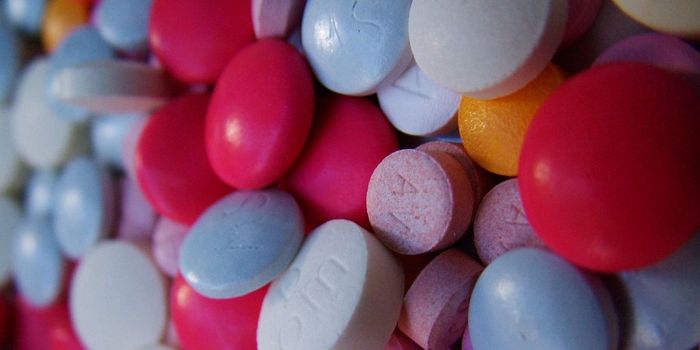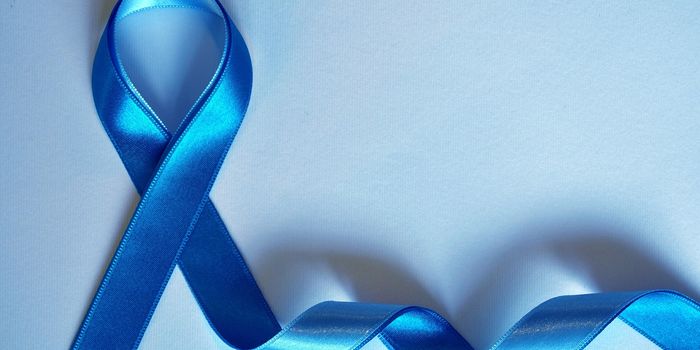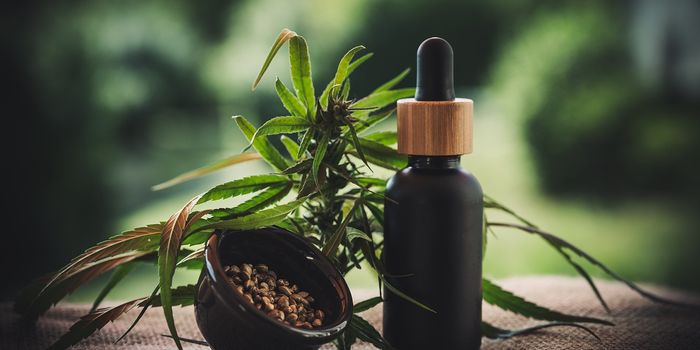Researchers Grow Psilocybin from E. Coli Bacteria
Previously considered to be narcotic, and under tight regulation as an illicit drug for decades, research from recent years on the possible medicinal properties of ‘magic mushrooms’ has blasted the fungus into mainstream healthcare discussions. With its new-found potential to treat mental health issues including depression, post-traumatic stress disorder and addiction, it may now be possible to grow its active psychedelic ingredient, psilocybin, in E. coli bacteria.
J. Andrew Jones, researcher at Miami University and co-author of the study behind this process, said, “In theory, enough mushrooms could be grown, but it is not all that practical...Our production process, from beginning to end, only takes a few days to complete compared to much longer for mushrooms.”
For their study, Jones and his team engineered E. coli bacteria to contain three genes from the Psilocybe cubensis mushroom to enable the bacteria to synthesize psilocybin from the cheap and widely available precursor molecule 4-hydroxyindole. They then optimized the process to produce the compound on a larger scale, ultimately generating around 1.16g of psilocybin per liter per fermentation batch.
Lead author of the study, undergraduate chemical engineering student Alexandra Adams, said, “The number-one advantage is it's simply cheaper” than—or at least cost-competitive with—other methods.” She added, “...it's easier to manipulate E. coli than other organisms.”
Dirk Hoffmeister, a pharmaceutical microbiologist at Friedrich Schiller University in Germany said that the study is “an intriguing alternative and proof of principle”. He did however warn that such engineered bacteria could produce toxic and allergenic microbial material that should be filtered out by purification.
Currently, psilocybin is produced either by growing mushrooms containing the compound or by synthetic means in a multi-step process. As this method is both cheaper and faster than existing ways of producing psilocybin, the researchers suggest that it may pave the way towards its mass study and later production of safe psilocybin therapies.
In particular, senior study author, Andrew Jones, aims to eventually adapt this process to be able to synthesize psilocybin from glucose. In the meantime, he and his colleagues are currently in discussions with several pharmaceutical companies about licensing their method for commercial usage.
Sources: Inverse, Scientific American and Phys.org


